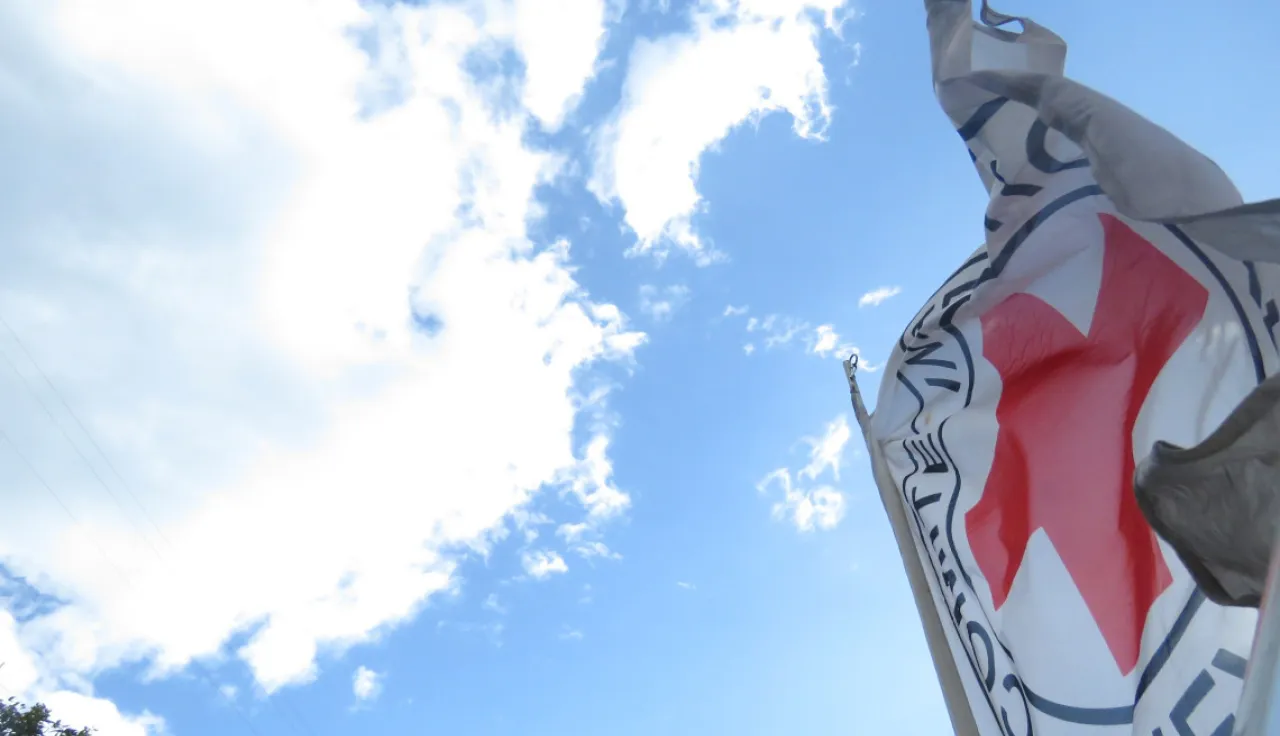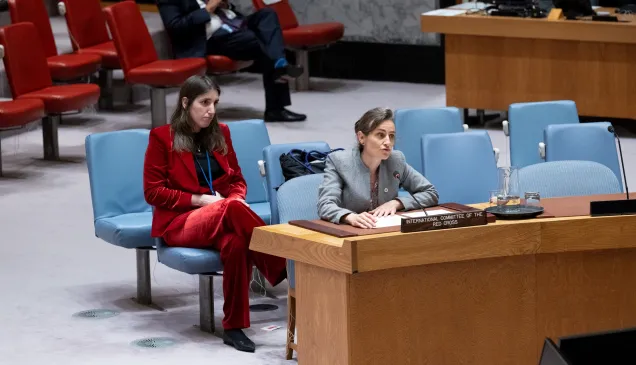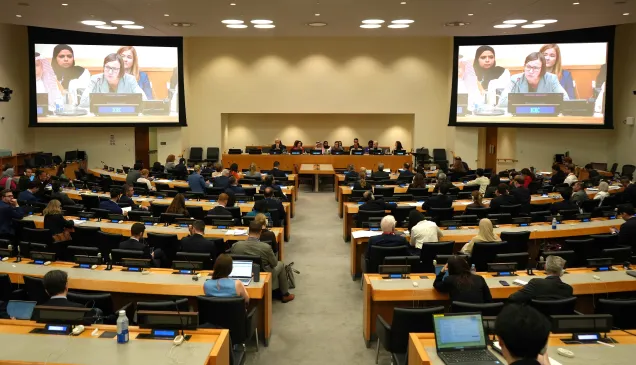The protective power of international humanitarian law (IHL) is only as strong as leaders’ political will to uphold it. Under the Geneva Conventions, all states have an obligation not only to respect IHL, but to ensure that others do the same. The time to stand up for the law is now.
If states do not revive respect for the rules of war, our world risks unstoppable escalations of violence. Today, simultaneous conflicts are flaring across regions, sowing the seeds for future conflicts and threatening global peace and security.
In Sudan, the world is turning a blind eye as civilians endure brutal attacks, rampant sexual violence and the deliberate destruction of vital services like health care and water supply.
Civilians in Gaza City are being killed, starved and forcibly displaced—with nowhere safe to go—as housing and critical infrastructure are systematically destroyed. In the West Bank, Palestinians are enduring relentless violence and being expelled from their homes as settlements expand.
In the armed conflict between Russia and Ukraine, thousands of families are without any news of their missing relatives, while drone warfare is killing and injuring civilians hundreds of kilometres from the front lines.
The rules of war are one of our most powerful tools in the fight for human life, safety, dignity and ultimately peace. Failure to respect those rules betrays the foundations of humanity they were designed to protect. By upholding IHL, states protect their own people. Violating or letting others violate them fuels instability.
Last September, the ICRC, alongside Brazil, China, France, Jordan, Kazakhstan and South Africa, launched a global initiative to renew political will for international humanitarian law. I am encouraged that 89 states have since joined us in this effort and that this number continues to grow. Yesterday, the leaders of the six founding states united in defence of the laws of war. They called on states to invest in IHL, to integrate IHL into national legislation and military training, and to join the initiative. Together they will co-host a high-level meeting to uphold humanity in war in 2026.
Every state has a moral and legal responsibility to reverse the erosion of those rules worldwide. The fate of millions living through war today and tomorrow will be defined by the choices leaders make to preserve—or abandon—humanity in war.
About the ICRC
The International Committee of the Red Cross (ICRC) is a neutral, impartial and independent organization with an exclusively humanitarian mandate that stems from the Geneva Conventions of 1949. It helps people around the world affected by armed conflict and other violence, doing everything it can to protect their lives and dignity and to relieve their suffering, often alongside its Red Cross and Red Crescent partners.
For more information, please contact:
Yuriy Shafarenko, CICR New York, tél. : +1 917 631 1913, yshafarenko@icrc.org
Christoph Hanger, CICR Genève, tél. : +41 79 313 84 61, changer@icrc.org
Christian Cardon, CICR Genève, tél. : +41 79 574 05 64, ccardon@icrc.org




